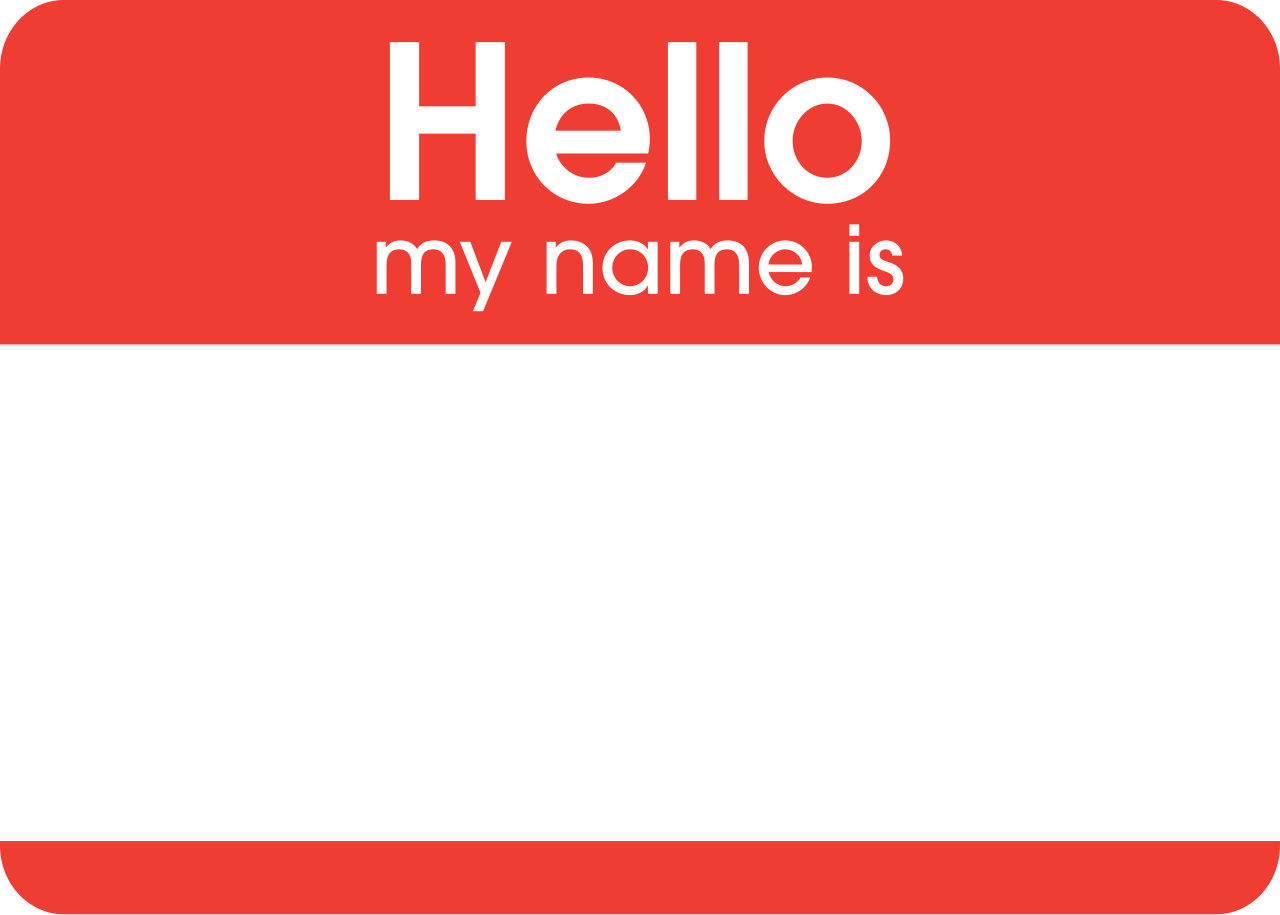Preface:
Transgender Awareness Week is coming up (November 13th to 19th). The goal of the week is to improve visibility and recognition of transgender people as well as the issues they face. To this day, still only 36% of people in the United States report knowing a transgender person personally. Trans Awareness Week seeks to remedy this. Additionally, the 20th of November is Transgender Day of Remembrance. TDOR’s purpose is to honor and mourn all the people lost to anti-transgender violence.
The subject of the following article is pronouns. This subject holds great importance to transgender people, so I thought this op-ed style, opinion piece article would be a good fit with Transgender Awareness Week approaching.
If I had a quarter every time I read the statement “I don’t have pronouns” on social media I would have enough money to avoid paying taxes and lobby against welfare programs.
The irony of the statement is, of course, that the author of that post uses a pronoun right smack dab at the start of it: “I don’t have pronouns.”
It’s silly to believe that a person can not have pronouns. Pronouns have been an integral part of literally every language since the origin of oral communication. Hell, even dolphins use pronouns.
Pronouns in English, Spanish, and Catalan all originate from Latin pronouns, a language which has existed for over a thousand years. Any sort of claim that the idea of pronouns is a new fad or trend is completely unfounded. Some of the first person pronouns in Latin are ego, meī, and mē. We can certainly see resemblances to our modern-day me, mi, yo, jo, I, and mine among those pronouns. Second person pronouns in Latin include tū, tuī, vōs, and tē. Again, there are distinct similarities to you, tu, and vosotros .
A common argument made by “anti-pronoun” people is that “they” and “them” cannot be used as singular pronouns. Not only is this statement just blatantly false, it also hurts me personally. These people are just trying to use linguistics – a subject very close to my heart – as a method to cover up their unfounded prejudice and hate.
The first documented use of “them” as a singular androgynous pronoun in English is from the 14th century. Meaning, since the propagation of Modern English, people have been saying “them” when they don’t know a person’s gender. People against the singular “them” aren’t trying to “go back” to how the language used to be, instead they’re actively attempting to make it harder to speak English – an honestly remarkable feat, considering how good English is at that already.
Nonbinary pronouns outside of English are a whole other can of worms. Spanish, for instance, is a gendered language without nonbinary pronouns. The gendered nature of the language isn’t inherently harmful, and it’s impossible to do that much restructuring; however there have been some efforts to create and proliferate nonbinary pronouns in Spanish. Elle is the forerunner among the potential proposed pronouns.
This brings us to the topic of neopronouns. Despite their name, neopronouns are also not a new concept, yon was created as a nonbinary singular pronoun as early as 1858. Most of the 19th and 20th century neopronouns didn’t catch on, but that doesn’t mean that they don’t exist. Additionally, the creation of one of the most commonly used neopronouns today, ze, dates back to 1864. I hate to repeat myself so often, but again, pronouns are not a new thing, they have always been a fundamental piece of language.
But we all know that it isn’t the linguistic concept of pronouns that these foolish people are against – they are against showing basic human dignity and empathy to other people.
It’s not at all difficult to respect a person’s pronouns – we already do it implicitly. Often, people’s pronouns are the ones traditionally associated with their gender expression, and sometimes they aren’t. However that’s not an excuse to invalidate that person’s existence, especially during transgender awareness week. That’s just embarrassing!
Being misgendered can range from being somewhat annoying to severely mentally distressing for many people. So since it’s so easy to do, makes people so much more comfortable, and is a fundamental part of every language – please respect people’s pronouns.
P.S. It’s okay to get someone’s pronouns wrong as long as you acknowledge the mistake, and try to remember next time.
Don’t worry! People are understanding.
Bibliography:
“The History of Thon, the Forgotten Gender-Neutral Pronoun.” Merriam-Webster, Merriam-Webster, www.merriam-webster.com/wordplay/third-person-gender-neutral-pronoun-thon. Accessed 28 Oct. 2023.
The Chambers Dictionary. Chambers, 1998.
Yuko, Elizabeth. “Beyond They/Them: What Are Neopronouns?” Rolling Stone, Rolling Stone, 29 June 2021, www.rollingstone.com/culture/culture-features/neopronouns-they-them-pronoun-alternative-1190069/. Accessed 28 Oct. 2023.
“Transgender Awareness Week.” GLAAD, 2 Nov. 2023, glaad.org/transweek/#:~:text=Each%20year%20between%20November%2013,members%20of%20the%20community%20face.

